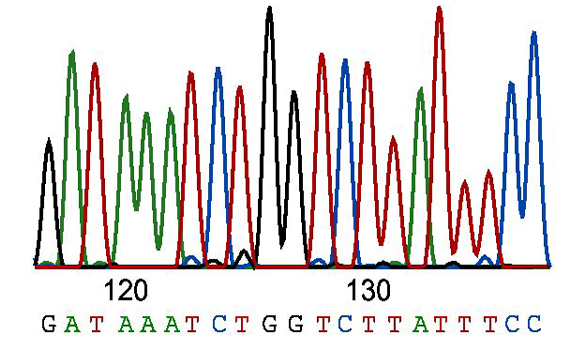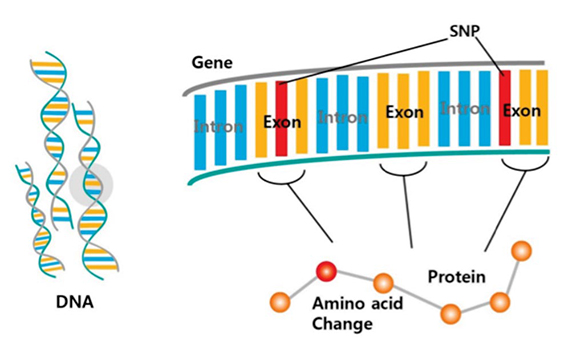- Toll Free : 9149837066
- NOORA COMPLEX, ARAMPORA, GANDERBAL, SRINAGAR, KASHMIR, INDIA, PIN 191201
Training Committee
- Home
- Training Committee

Enhancing Skills Through Excellence in Training
The Training Committee at Dr. Rashid Research and Training Institute plays a vital role in designing, implementing, and evaluating high-quality training programs. Our mission is to equip individuals with the knowledge and skills needed to excel in their respective fields, ensuring that our training aligns with industry standards and emerging trends. By fostering a culture of continuous learning, we help professionals and researchers enhance their expertise and stay ahead in an evolving world.
Development of Training Programs
Our committee is responsible for designing and structuring comprehensive training programs tailored to various disciplines. We collaborate with industry experts, academic institutions, and research professionals to create courses that balance theoretical knowledge with practical application. These programs are crafted to address current challenges, bridge skill gaps, and provide participants with hands-on experience that prepares them for real-world scenarios.


Ensuring Quality and Effectiveness
To maintain high standards, the Training Committee continuously evaluates the effectiveness of our training programs. We collect feedback from participants, trainers, and industry partners to refine our curriculum and enhance learning experiences. By incorporating modern teaching methodologies, advanced tools, and interactive learning approaches, we ensure that our training remains engaging, relevant, and impactful.
Workshops, Seminars, and Certifications
In addition to structured training courses, our committee organizes workshops, seminars, and certification programs aimed at professional development. These initiatives provide opportunities for skill enhancement, networking, and collaboration with industry leaders. Whether through short-term specialized courses or long-term professional training, we aim to empower individuals with valuable knowledge that drives career growth and research excellence.


Collaboration with Experts and Institutions
The Training Committee actively partners with industry professionals, academic researchers, and organizations to enhance the quality and relevance of our programs. By engaging experts as trainers, guest speakers, and mentors, we ensure that our participants gain insights from experienced professionals. These collaborations also open doors for internships, research opportunities, and industry linkages that benefit both trainees and partnering institutions.
Commitment to Lifelong Learning
At Dr. Rashid Research and Training Institute, we believe that learning is a continuous process. Our Training Committee is committed to fostering a dynamic learning environment where individuals can develop new skills, adapt to changing industry demands, and achieve professional excellence. Through innovation, dedication, and a learner-centered approach, we strive to create impactful training programs that contribute to personal growth, organizational success, and societal progress.


Sanger Sequencing
Sanger Sequencing, also known as the chain termination method, is a DNA sequencing technique developed by Frederick Sanger in 1977. It is widely used for determining the nucleotide sequence of DNA fragments and remains a gold standard for sequencing smaller genetic regions with high accuracy.
Sanger Sequencing remains a valuable method in genomics, particularly for high-accuracy sequencing of small DNA regions. While next-generation sequencing has largely replaced it for large-scale projects, its precision and reliability continue to make it an essential tool in clinical diagnostics and research.
Whole Exome Sequencing
Whole Exome Sequencing (WES) is an advanced genomic technique that focuses on sequencing the exonic regions of the genome, which are the protein-coding sections of genes. These regions, known as exons, make up only about 1-2% of the human genome but contain approximately 85% of known disease-related genetic variants.
Whole Exome Sequencing is a powerful tool in modern genomics, enabling faster and more precise identification of disease-causing genetic mutations. While it has some limitations, its advantages make it a widely used method in clinical diagnostics and research.
For individuals seeking genetic insights, WES offers a promising avenue for personalized medicine and early disease detection.

